
- Photo story
- Photo story
Obesity and Britain’s boys
Six young men and six experiences of being overweight. Find out how these boys and their loved ones feel about this stigmatising issue.

- Article
- Article
The birth of Britain's National Health Service
Starkly unequal access to healthcare gave rise to Nye Bevan’s creation of a truly national health service.

- Article
- Article
The secret lives of Britain’s first Black physicians
Dr Annabel Sowemimo explores the web of connections between early Black British doctors, the role of empire in West Africa and the pernicious reach of scientific racism.

- Article
- Article
The relationship between science and art
Often seen as opposites, science and art both depend on observation and synthesis.

- Article
- Article
Intelligence testing, race and eugenics
Specious ideas and assumptions about intelligence that were born during the great flourishing of eugenics well over 100 years ago still inform the British education system today, as Nazlin Bhimani reveals.

- Article
- Article
Booze and bad behaviour
Our love of alcohol is like a party that’s lasted nine centuries. But there are signs that the demon drink is losing its appeal.
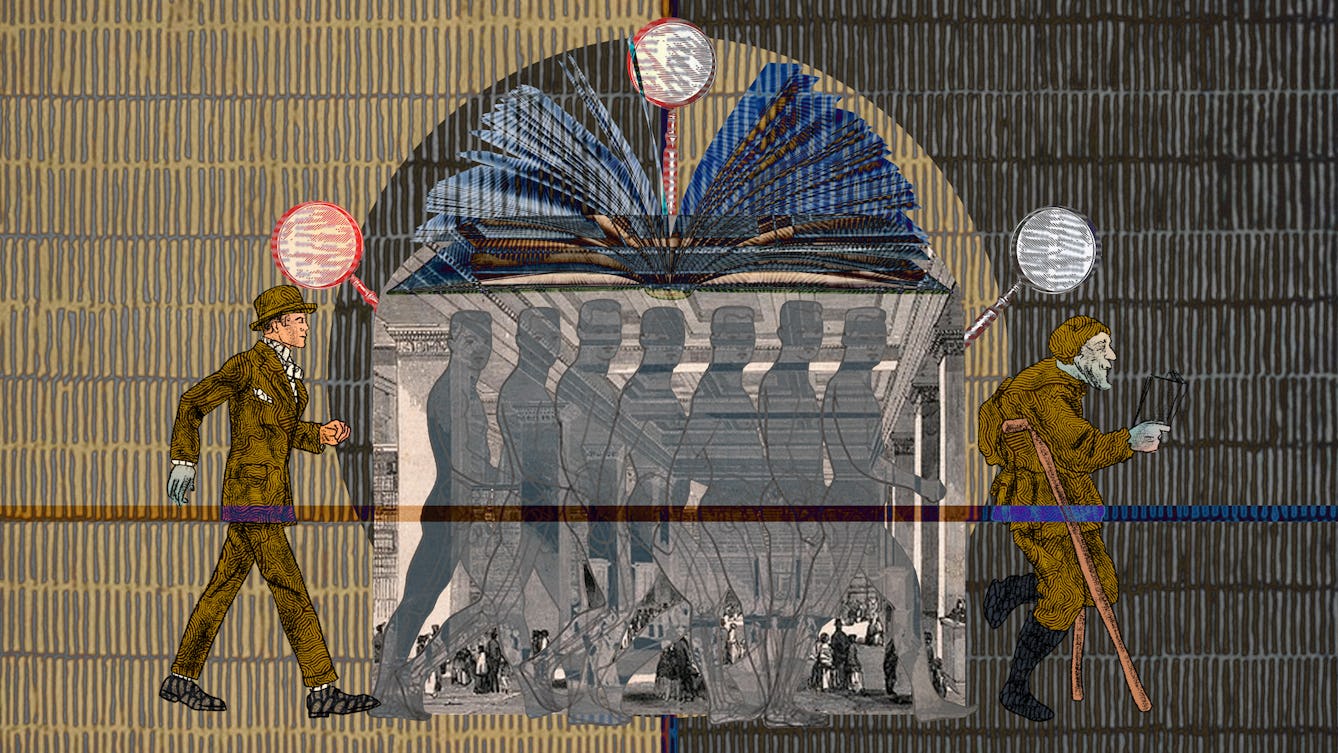
- Article
- Article
Between sickness and health
In early 2020, the subject Will Rees was studying – imaginary illnesses – took on a new relevance as everyone anxiously scanned themselves for Covid symptoms each day. But this kind of self-scrutiny is nothing new, as he reveals.

- Article
- Article
Eugenics and the welfare state
Indy Bhullar explores the ideas of William Beveridge and Richard Titmuss, who were strongly influenced by eugenic thinking, and yet championed the idea of the welfare state.

- Article
- Article
Epidemic threats and racist legacies
Epidemiology is the systematic, data-driven study of health and disease in populations. But as historian Jacob Steere-Williams suggests, this most scientific of fields emerged in the 19th century imbued with a doctrine of Western imperialism – a legacy that continues to influence how we talk about disease.

- Article
- Article
The origins and meanings of pharmacy symbols
What have snakes, unicorns and crocodiles got to do with pharmacies? The history of these modern signs goes back to the Greek gods.
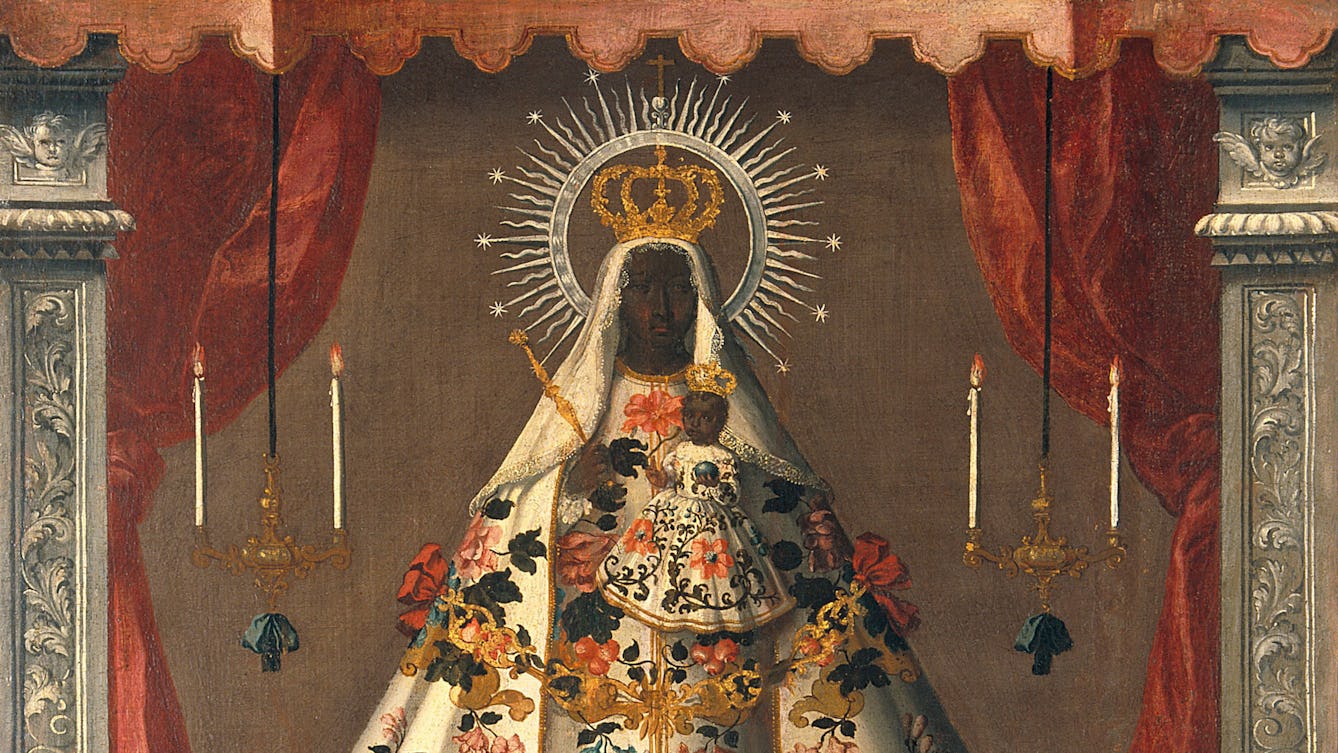
- Article
- Article
Race, religion and the Black Madonna
Mystery and controversy surround the dark-skinned religious icon who represents the Virgin Mary throughout the Catholic world.
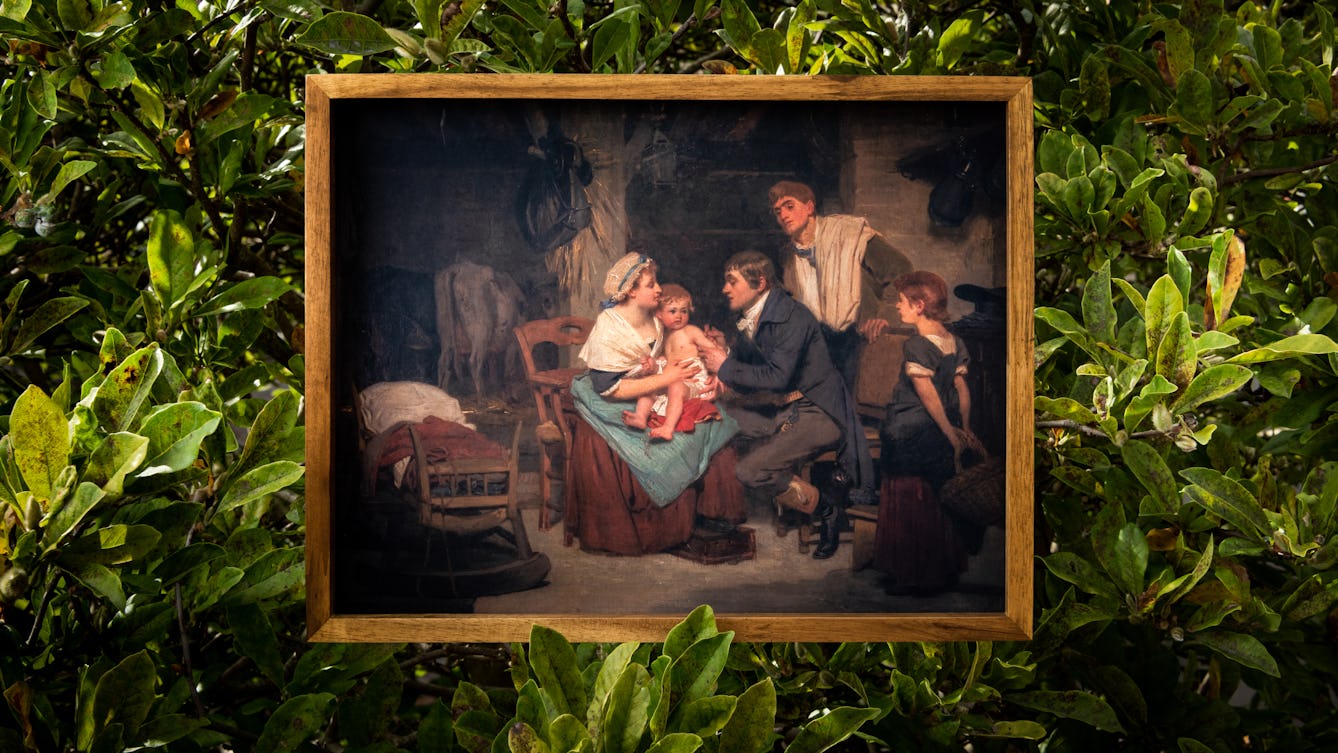
- Article
- Article
Cowpox, Covid-19 and Jenner’s vaccination legacy
The well-known story of vaccination pioneer Edward Jenner has at its heart his drive to make vaccines free of charge and available to all. Now his principles extend to the global campaign for a people’s patent-free vaccine for Covid-19.

- Long read
- Long read
Rehab centres and the ‘cure’ for addiction
Guy Stagg takes us on a brief history of rehab centres and their approaches to addiction and recovery.

- Article
- Article
Why the 1918 Spanish flu defied both memory and imagination
The Black Death, AIDS and Ebola outbreaks are part of our collective cultural memory, but the Spanish flu outbreak has not been.
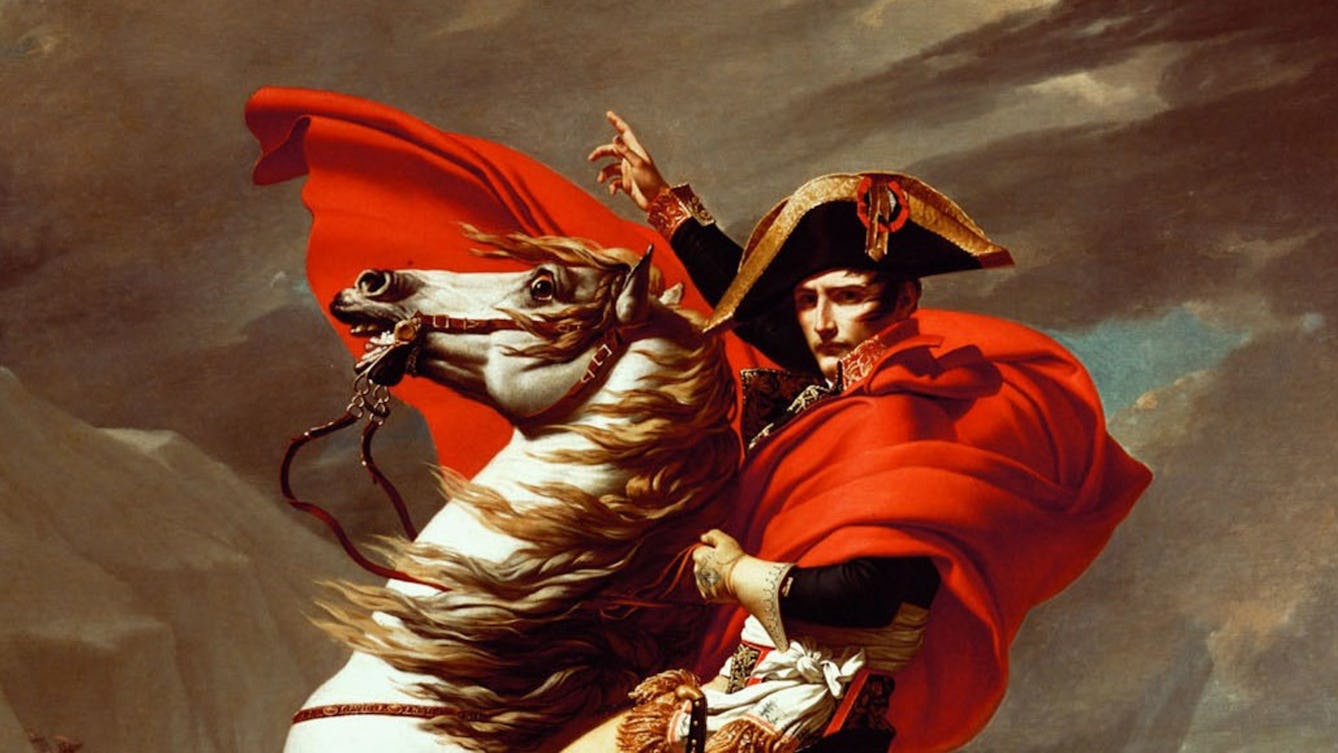
- Article
- Article
Political brilliance and the power of self-promotion
How do you convince people you’re exceptional? Meet the ultimate self-styled genius.

- Article
- Article
How music opens the doors of memory and the mind
People living with dementia can often still listen, perform or move to music. What does this tell us about how memories are formed?

- Article
- Article
Deadly doses and the hardest of hard drugs
The invention of the modern hypodermic syringe meant we could get high – or accidentally die – faster than before. Find out how this medical breakthrough was adapted for deadly uses.
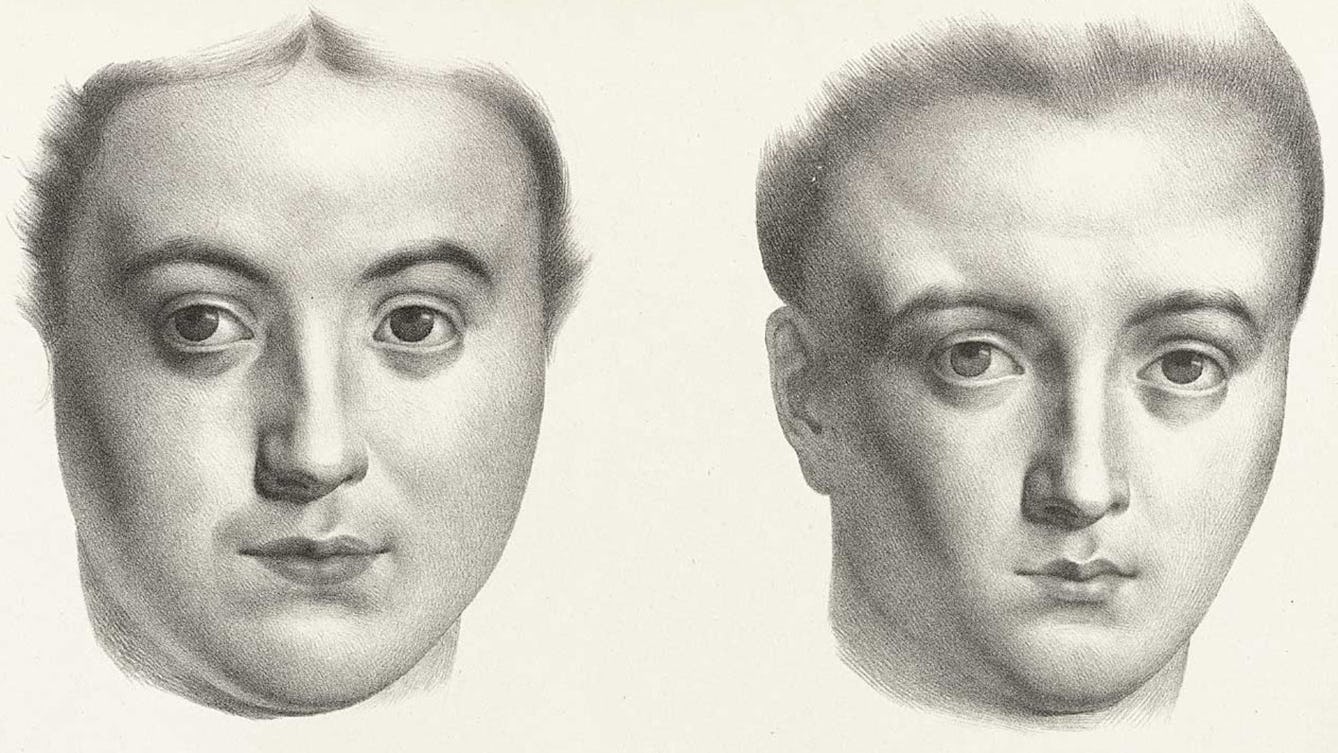
- Article
- Article
Exceptional talent and the trouble with IQ tests
Is a high IQ really a mark of genius, or does something else explain the exceptional?

- Article
- Article
The child whose town rejected vaccines
Gloucester, 1896. Ethel Cromwell is taken ill at the height of Britain’s last great smallpox epidemic.
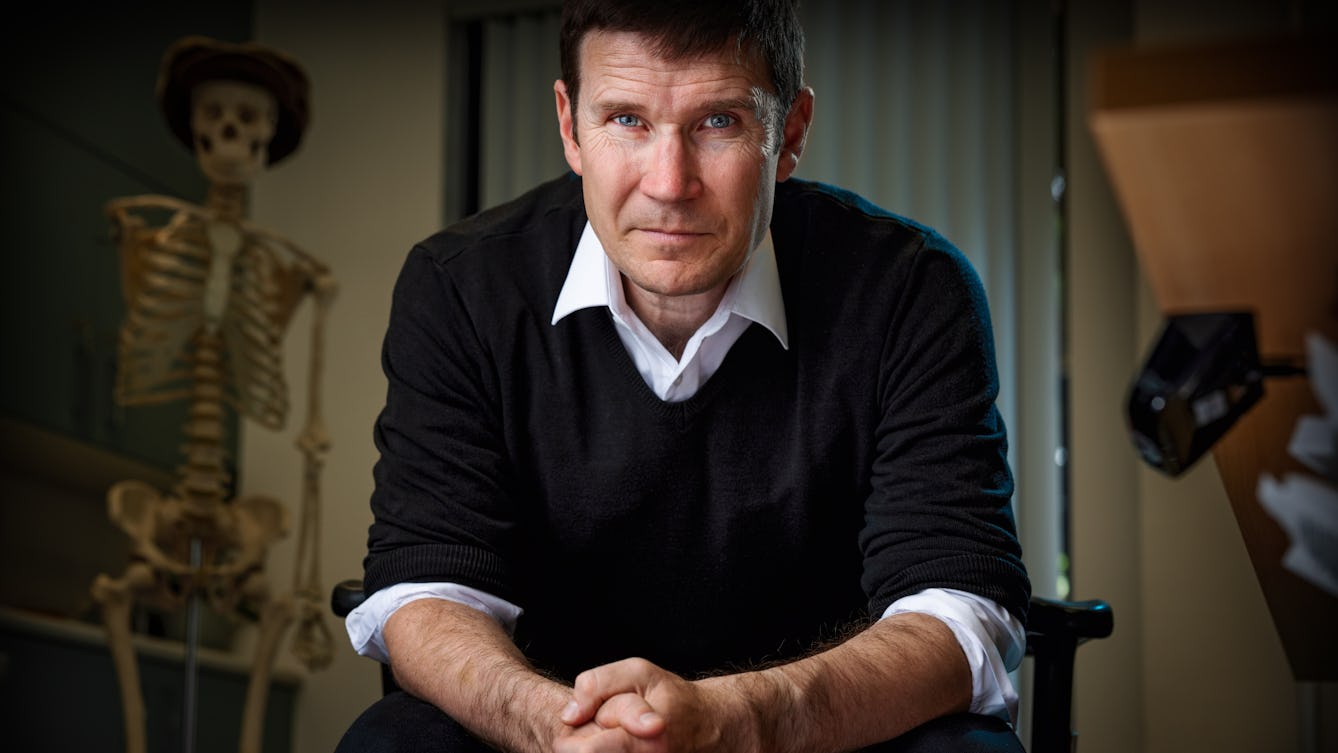
- Book extract
- Book extract
Why the NHS is worth saving
In this extract from his latest book, ‘Free For All’, Dr Gavin Francis poses challenging questions to be addressed if a health service that’s free for all at the point of use is to remain possible.
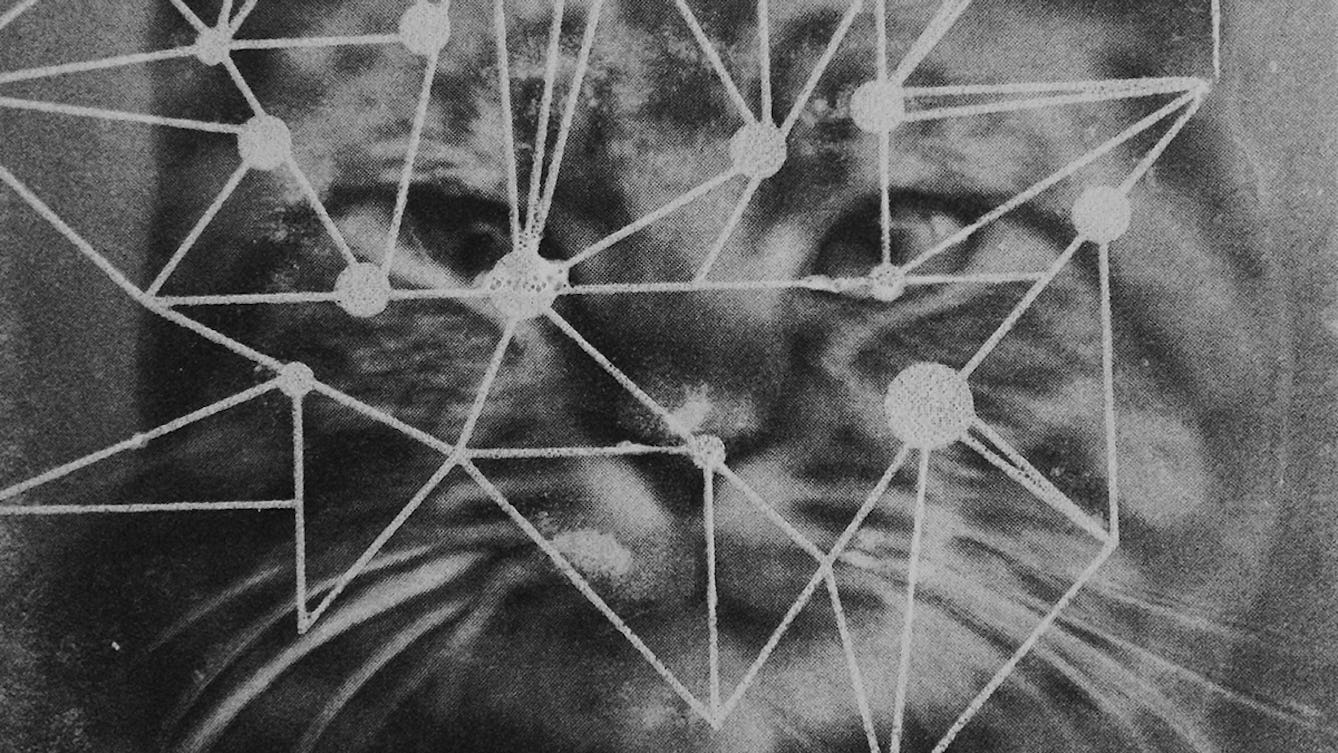
- Article
- Article
Sarah Carpenter on making time for herself through creativity
Art provides a refuge for Sarah Carpenter, allowing her to utilise her energy and keep up the momentum of her recovery.
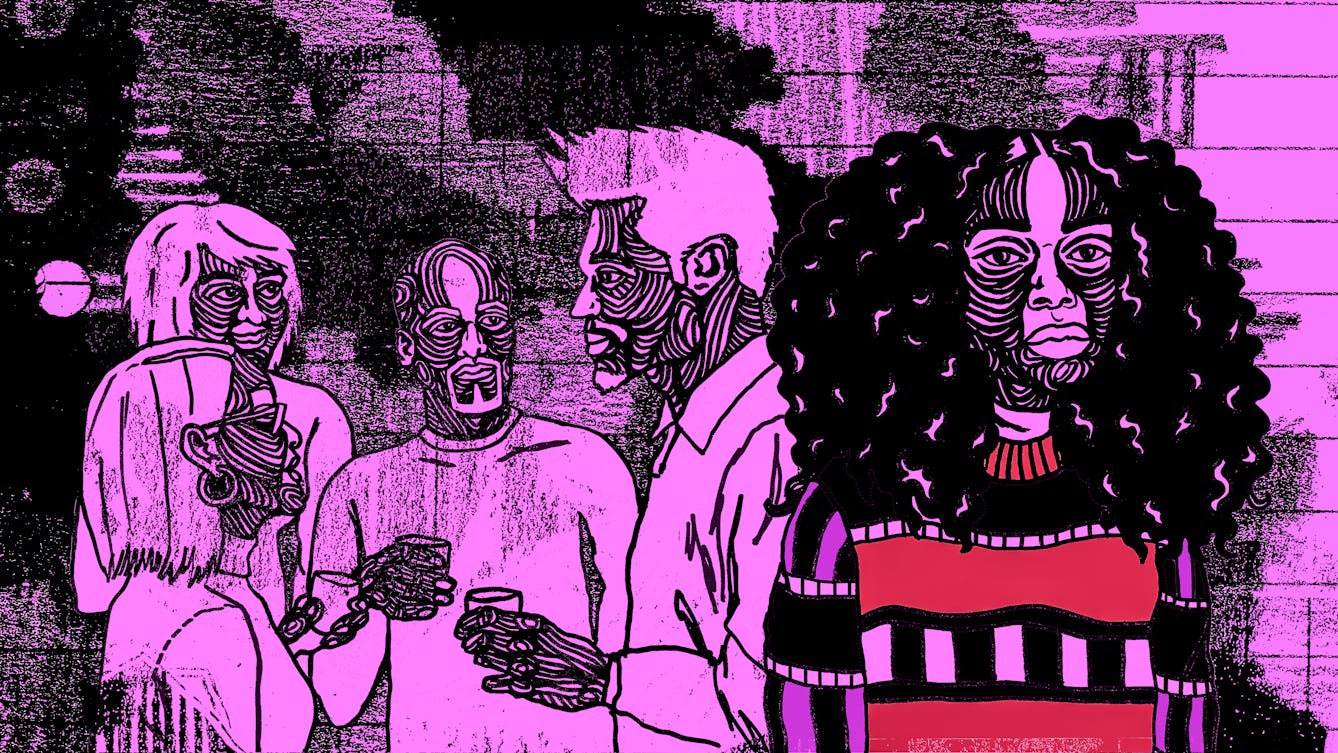
- Article
- Article
Building resilience in a racist world
With the resurgence of racism in today’s UK, Louisa Adjoa Parker reflects on the trauma of growing up in a racist society and explores how victims could begin to heal.

- Article
- Article
The making of ‘Quacks’
How do you create a medical comedy that’s authentic and laugh-out-loud funny?

- Article
- Article
Louis Wain’s cryptic cats
Once famous for his quirky cat illustrations, today Louis Wain is often portrayed as a ‘psychotic’ artist whose illness can be mapped out through his drawings. Here Bryony Benge-Abbott takes a more rounded view.

- Article
- Article
Born in the NHS
Despite underfunding, strikes and scandals, the first two decades of the 2000s has seen the British people’s love of and loyalty to the NHS soar.